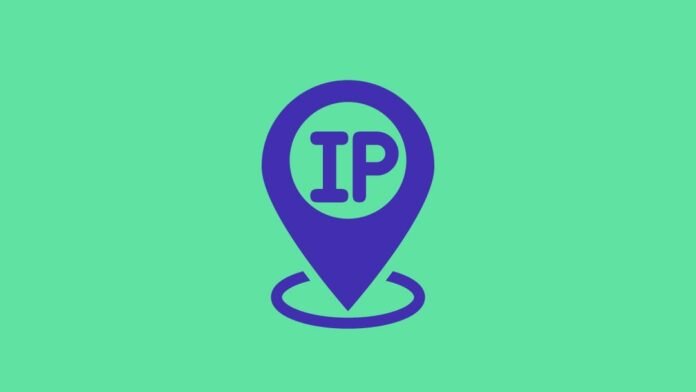In the digital world, IP addresses play a crucial role in network communication, enabling devices to identify and interact with one another over the internet. This article explores IP address 100.71.148.105, examining its significance, https://100.71.148.105 usage, and potential implications in the broader context of internet networking.
What Is an IP Address?
An IP (Internet Protocol) address is a unique identifier assigned to each device connected to a network. It serves two primary functions: identifying the host or network interface and providing the location of the device in the network. IP addresses are essential for routing internet traffic and facilitating communication between devices.
Overview of IP Address 100.71.148.105
**1. Private IP Address Range
The IP address 100.71.148.105 falls within the range of private IP addresses. Private IP addresses are used within private networks and are not routable over the public internet. The range for private IP addresses is defined by the Internet Engineering Task Force (IETF) in RFC 1918, and it includes the following ranges:
- 10.0.0.0 to 10.255.255.255
- 172.16.0.0 to 172.31.255.255
- 192.168.0.0 to 192.168.255.255
IP address 100.71.148.105 is outside these ranges, suggesting that it might be part of a different network classification, potentially a unique private or reserved range.
**2. Network Address Translation (NAT)
Devices using private IP addresses typically connect to the internet through a process called Network Address Translation (NAT). NAT allows multiple devices on a local network to share a single public IP address when accessing external resources. This helps conserve the limited number of available public IP addresses and provides an additional layer of security by hiding internal network structures from external view.
**3. Usage and Implications
Understanding the specific use of IP address 100.71.148.105 requires additional context. However, in general, private IP addresses like this are used in various scenarios, including:
- Home Networks: Many home routers assign private IP addresses to devices within the network to facilitate communication and internet access.
- Corporate Networks: Businesses use private IP addresses to manage internal resources and systems without exposing them to the public internet.
- Testing and Development: Developers often use private IP addresses for testing and development purposes in controlled environments.
Security Considerations
**1. Private IP Address Security
Private IP addresses are not directly accessible from the public internet, which provides a basic level of security against external threats. However, internal networks using these addresses can still be vulnerable to various security risks, such as:
- Internal Threats: Malicious activities from within the network can pose significant risks.
- Misconfigured Devices: Incorrectly configured devices can create security vulnerabilities.
- Network Scanning: Attackers within the local network may attempt to scan for and exploit vulnerabilities.
**2. Best Practices for Network Security
To ensure the security of networks using private IP addresses, consider the following best practices:
- Regular Updates: Keep all network devices and software up to date with the latest security patches.
- Strong Authentication: Implement robust authentication mechanisms to control access to network resources.
- Network Segmentation: Use network segmentation to isolate critical systems and limit the potential impact of security breaches.
- Firewalls and Intrusion Detection: Employ firewalls and intrusion detection systems to monitor and protect against suspicious activity.
Conclusion
IP address 100.71.148.105, while part of a unique or private range, exemplifies the broader concept of private IP addressing and its role in network communication. Understanding its usage and implications helps in managing network security and ensuring efficient communication within private networks. As digital networks continue to evolve, maintaining awareness of IP address management and security best practices remains crucial for protecting and optimizing network operations.


